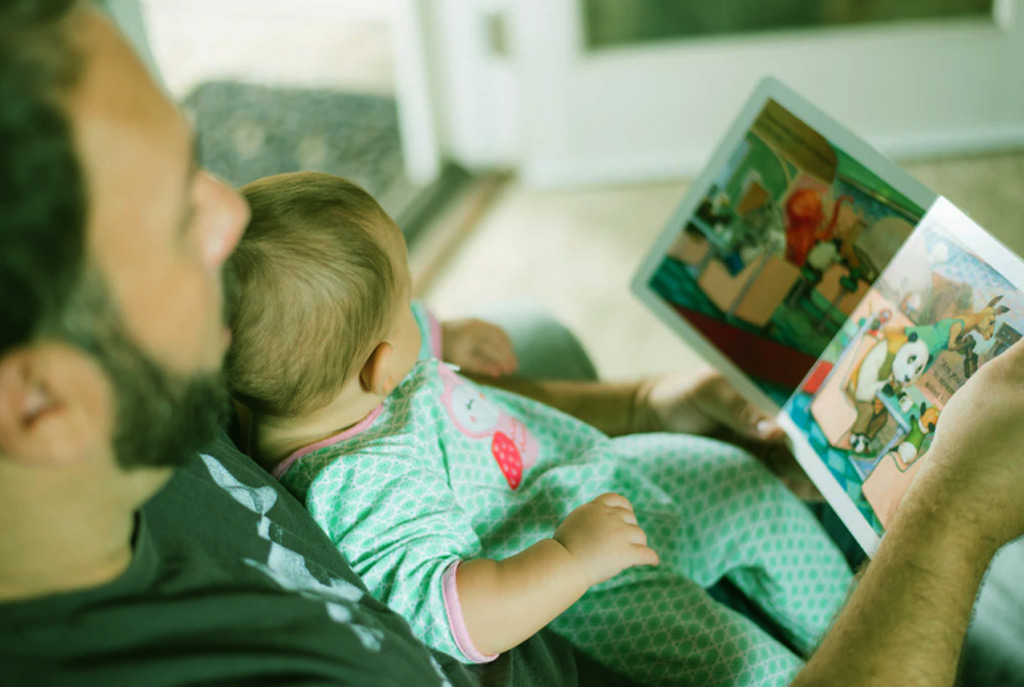Shared Parental Leave (SPL) was introduced in 2015. The idea was that it would help parents share up to 50 weeks of leave and 37 weeks of statutory pay between them after the birth of their baby to allow them to take an equal sharing role in looking after their child taken either in blocks or all at once, either staggered between parents or taken together.

However, recent research shows that fathers taking shared parental leave (SPL) are facing workplace discrimination and that may be why the number of dads actually taking up SPL is so incredibly low. They believe there is a stigma attached to taking the leave, and that it is not considered to be a 'normal' course of action to take, and in taking the leave, are perceived as not being career driven.
A recent report from Powwownow revealed:
- 1% fathers have taken Shared Parental Leave since its introduction.
- 25% received mockery or abuse for accepting the leave.
- 46% of fathers admitted they do not feel comfortable raising the topic with their employer.
- 75% felt there was a cultural stigma around fathers taking time off to look after children.
- 85% of fathers wished they had taken more time off to look after their children.
New dads feel they are missing time with their children because their employers are not telling them about their SPL rights, unless they actually request it, and the number of new fathers' taking paternity leave continues to fall. Around 31% of eligible new fathers took it in 2018, down 1% from the previous year and falling for a fourth year in a row.
Nearly five years on from its introduction, the research highlights the cultural discomfort men feel with asking for it, or staying at staying home to look after their children, and the assumptions made about them in choosing to do so.
Workplace culture will need to adapt and change as the number of new dads wanting to take on more childcare & parenting responsibilities grows. Hopefully, this research will prompt employers to adopt more flexible workplace practices to ensure that all their staff feel able to claim their leave entitlements, safe in the knowledge that they are fully supported.
We're not a fan of spam either, so we will not pass on your information onto any 3rd parties. What you give to us, stays with us.